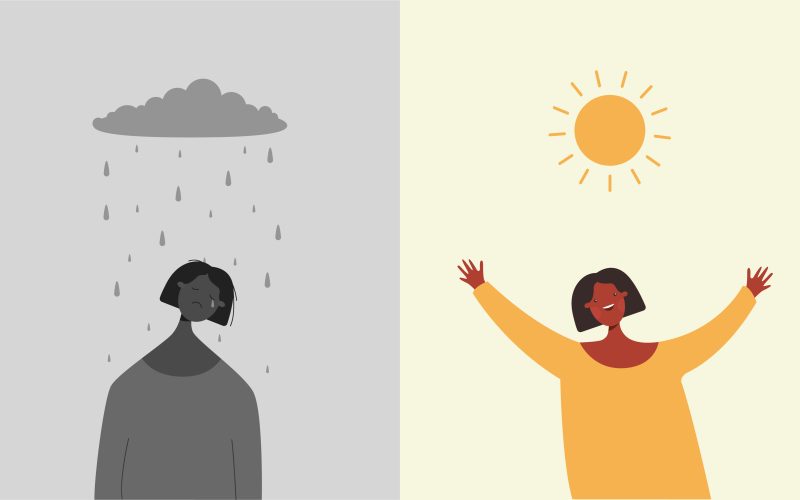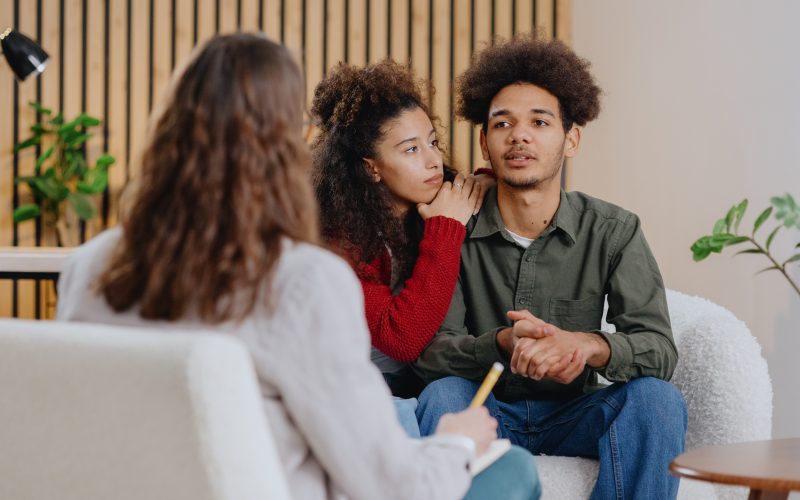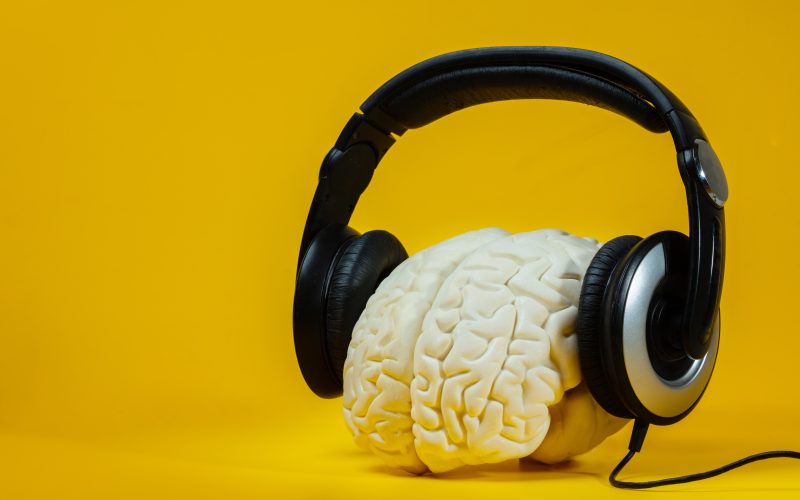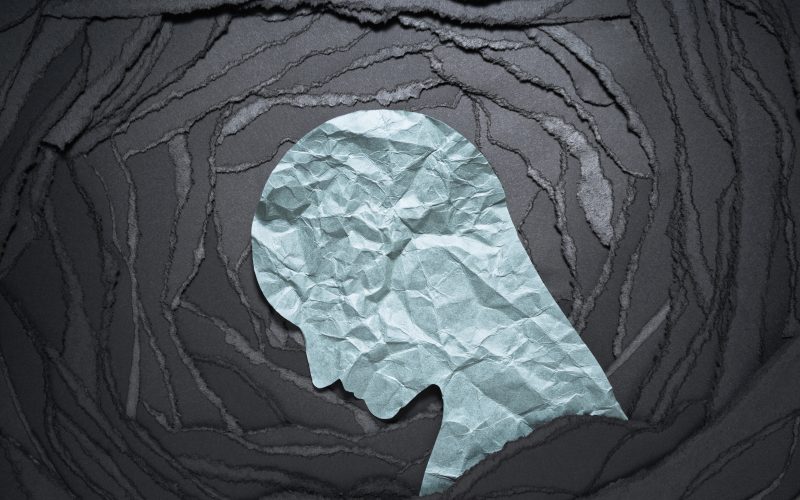Historian and journalist Hallie Lieberman discusses wilderness programs that purport to treat porn addiction with questionable methods and, critics say, promote abuse.
Read more


Historian and journalist Hallie Lieberman discusses wilderness programs that purport to treat porn addiction with questionable methods and, critics say, promote abuse.
Read more
Writer Andy Field discusses the magic of life in cities surrounded by strangers, and the ways we can interact with people to spark creativity.
Read more
Professor Adam Alter discusses the emotions, thoughts and behaviors that hold us back — and tricks for flourishing amid our anxiety.
Read more
Science journalist Rachel Nuwer discusses how MDMA – once a Schedule 1 drug – is now being heralded as a treatment for PTSD and other afflictions.
Read more
Author and poet Ross Gay joins us to share his essay collection about finding meaning in bleak times to create compassion, hope, and to better connect to our shared humanity.
Read more
Author Gretchen Rubin joins us to discuss her awaking to relearn how to see, taste, touch, smell, and hear — and why she found life richer and more fulfilling when she slowed down.
Read more
Clinical psychologist Orna Guralnik talks about what she’s seen in her practice, where couples are bringing to the table issues of race and privilege and trauma like she hasn’t seen before.
Read more
Megan Carle gives workshops on handling workplace bullying, and she joins us to talk about why bullies act the way they do and how we can keep them from derailing our careers.
Read more
Larry Sherman is professor of neuroscience at the Oregon Health and Science University, and he joins us to talk about how music works in the brain and how it affects our emotions.
Read more
Psychology professor Dacher Keltner joins us to discuss a relatively new field of research studying awe, how it can transform the mind and body, and his own personal experiences with it.
Read more
Jenn Granneman talks about the joys of sensitivity, from creativity to intelligence, and offers ways for the sensitive to navigate through a harsh world.
Read more
Author Jonathan Rosen joins host Krys Boyd to discuss his friendship with a man who developed schizophrenia in his 20s.
Read more